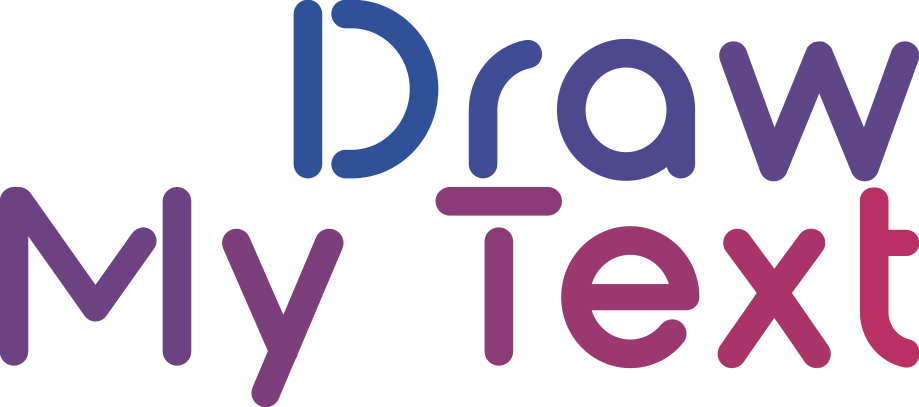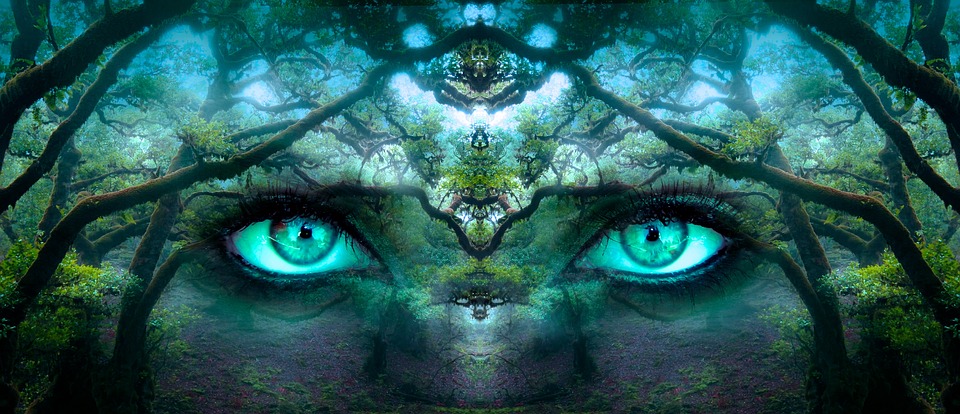
10 Reasons Why Investing in Generative AI Startups Is the Future of Tech
January 1, 2024
The Fundamentals of Generative AI and How it’s Changing the Game
January 1, 2024Welcome to our deep dive on the hot topic of Understanding the Intersection of Generative AI and Intellectual Property Rights. Artificial intelligence is reshaping countless industries, and one of the most intriguing and contentious areas is how generative AI is transforming the landscape of creativity and ownership. In this article, we’ll explore the complexities of this fascinating intersection, offering insights and fuel for thought on a subject that’s evolving as rapidly as the technologies it relates to.
But before we get into the nitty-gritty, let’s set the foundation for our discussion by reviewing what we mean by generative AI and intellectual property rights. Generative AI refers to algorithms that can create content, whether it’s text, images, music, or more. On the flip side, intellectual property rights cover the legal rights granted to creators for their inventions and creative works.
Now, let’s navigate through the intricate interplay between these two realms and ponder on the question that’s sparking intense debates across industries: Who holds the rights to AI-generated creations?
Understanding the Intersection of Generative AI and Intellectual Property Rights
Understanding the intersection of Generative AI and Intellectual Property Rights isn’t just about legal definitions—it’s about the core of creativity and innovation in the digital age. Generative AI technologies are pushing boundaries, creating artwork and content uncannily indistinguishable from human-made counterparts. This creates a legal quandary for existing intellectual property law frameworks that were not designed with artificial intelligences in mind.
As a seasoned expert, I’ve seen this field evolve, and I can attest that legal systems worldwide are scrambling to catch up. Traditional IP law assigns rights to human authors and inventors. But what happens when a machine, advised by human input, generates a wholly original piece of art or writes a novel?
This confusion presents a dual-sided dilemma. On one end, there’s a push for expanded protections to cover AI-generated works, acknowledging the input of the AI developers and trainers. On the other, there are calls for maintaining the status quo, emphasizing that true creation still lies with human ingenuity.
The Challenges Generative AI Poses to Intellectual Property Law
The challenges that Generative AI poses to Intellectual Property Law are profound and multifaceted. One such challenge is determining authorship. Is the programmer, the data used to train the AI, or the AI itself considered the author of an AI-generated work? Legal precedents in various jurisdictions, like the European Union’s Copyright Directive, suggest that authorship should lie with humans, leaving AI creations in a murky legal zone.
Another significant challenge is piracy and infringement. Generative AIs can potentially produce vast amounts of content quickly, making it difficult to track and manage copyrights. This concern is not hypothetical; instances of AI-generated content being misused or shared without proper attribution are already occurring. Balancing the protection of AI-produced art and the rights of data subjects whose information trained the AI is complex.
Perhaps the most pressing question is the nature of creativity and if AI can indeed be seen as ‘creative’. This delves into ethical considerations and varying perspectives on the essence of innovation. While laws will eventually adapt, these philosophical debates will shape the conversation and eventual outcomes.
Modernizing Intellectual Property Frameworks for Generative AI
Efforts are underway to modernize intellectual property frameworks to account for the capabilities of Generative AI. Some experts propose creating a new category of rights specifically for AI-generated content, which could offer a balanced solution that acknowledges the role of both human creators and AI systems.
These frameworks would need to consider how to attribute value to AI-generated work and what protections it should be given. Striking this balance is key to fostering innovation while ensuring fair compensation and recognition for human creators. Learning from case studies, such as those documented by the World Intellectual Property Organization (WIPO), can provide valuable guidance in this evolving legal landscape.
The future of IP law will likely feature expanded rights and new forms of licenses. For instance, licenses could be specifically designed for AI-generated content and could define usage rights for both AI developers and consumers. The importance of establishing clear and fair regulations cannot be overstated in ensuring that innovation continues to flourish in the AI domain.
Join Our Premium Platform, DrawMyText
If you’re fascinated by generative AI, especially in the context of image creation, you’ll be thrilled to learn about our premium text-to-image generation platform, DrawMyText. At DrawMyText, you can bring your creative visions to life with our cutting-edge AI algorithms that transform your words into stunning visual art.
Our pricing plans are crafted to suit a variety of needs, whether you’re an individual enthusiast or a professional designer. With affordable subscription options, you gain access to exclusive features like high-resolution downloads, batch processing, and priority support. Plus, our constant updates ensure you’re always at the forefront of generative AI technology.
Don’t miss this opportunity to be part of an innovative community. Subscribe to DrawMyText and unleash the power of AI in your creations today. Remember, as we navigate the intersection of generative AI and intellectual property, platforms like DrawMyText are leading the charge in defining the future of creativity.
FAQs on Generative AI and Intellectual Property
Who owns the rights to AI-generated content?
Currently, there’s no universal agreement on ownership rights for AI-generated content. The debate centers on whether rights should be attributed to the AI developers, the AI itself, or perhaps a new category of rights. Each jurisdiction may approach this differently based on local laws.
Can AI-generated works be copyrighted?
As of my knowledge cutoff in 2023, the consensus in many jurisdictions is that copyright protections apply to works created by humans, which creates a grey area for AI-generated works. Some legal frameworks are beginning to evolve to address this new creative landscape.
What challenges does generative AI pose to existing IP law?
Generative AI challenges IP law by blurring the lines of authorship, accelerating the rate of content creation (which impacts enforcement), and raising questions about the nature of creativity and whether a non-human entity can truly be considered an author.
How might IP frameworks evolve to accommodate generative AI?
IP frameworks may evolve to include new categories of rights, tailored licensing agreements for AI-generated content, and updated definitions that recognize the role of AI in creative processes.
Is it legal to use generative AI to create and sell artwork?
It depends on the laws in your jurisdiction and how they treat AI-generated content. In many places, selling AI-generated artwork is legal, but it’s important to stay informed on evolving regulations and ensure compliance with IP laws.
Conclusion
In conclusion, the intersection of Generative AI and Intellectual Property Rights is a dynamic and evolving frontier that presents unique challenges and opportunities. As we witness the incredible advancements in AI, the legal landscape must adapt swiftly to create an environment that respects both innovation and the rights of creators.
Let’s keep the conversation on Generative AI and Intellectual Property going as we foster advancements in technology while ensuring the law keeps pace with creativity. Remember that with tools like DrawMyText, the future of generative AI is already here, and it’s more exciting than ever!
Thank you for joining me on this insightful journey! Keep innovating, keep creating, and don’t forget to subscribe to DrawMyText for a window into the future of AI-generated art. See you next time! 😊
Keywords and related intents:
1. Keywords: Generative AI, Intellectual Property Rights
Search Intent: To understand the relationship between generative artificial intelligence and intellectual property law.
2. Keywords: AI-generated content ownership
Search Intent: To find out who holds the rights to content created by AI systems.
3. Keywords: Copyright law, AI creations
Search Intent: To learn how copyright law applies to works produced by artificial intelligence.
4. Keywords: Generative AI legal challenges
Search Intent: To explore the legal challenges that generative AI poses to existing intellectual property frameworks.
5. Keywords: AI and creativity in IP law
Search Intent: To investigate how IP law is adapting to AI’s role in creative processes.
6. Keywords: Modernizing IP frameworks for AI
Search Intent: To research efforts to update intellectual property frameworks to include AI-generated content.
7. Keywords: DrawMyText, AI-generated art
Search Intent: To discover the features and pricing of the DrawMyText platform for AI-generated images.
8. Keywords: AI-developers, AI trainers IP rights
Search Intent: To find information on the intellectual property rights of AI developers and trainers in the context of AI-generated works.
9. Keywords: Selling AI-generated artwork legality
Search Intent: To determine the legality of selling artwork generated by AI depending on jurisdiction.
10. Keywords: AI authorship, Copyright Directive
Search Intent: To understand how different jurisdictions, like the European Union, view AI authorship and its implications for copyright.
#Generative AI and Intellectual Property
#Understanding #Intersection #Generative #Intellectual #Property #Rights


